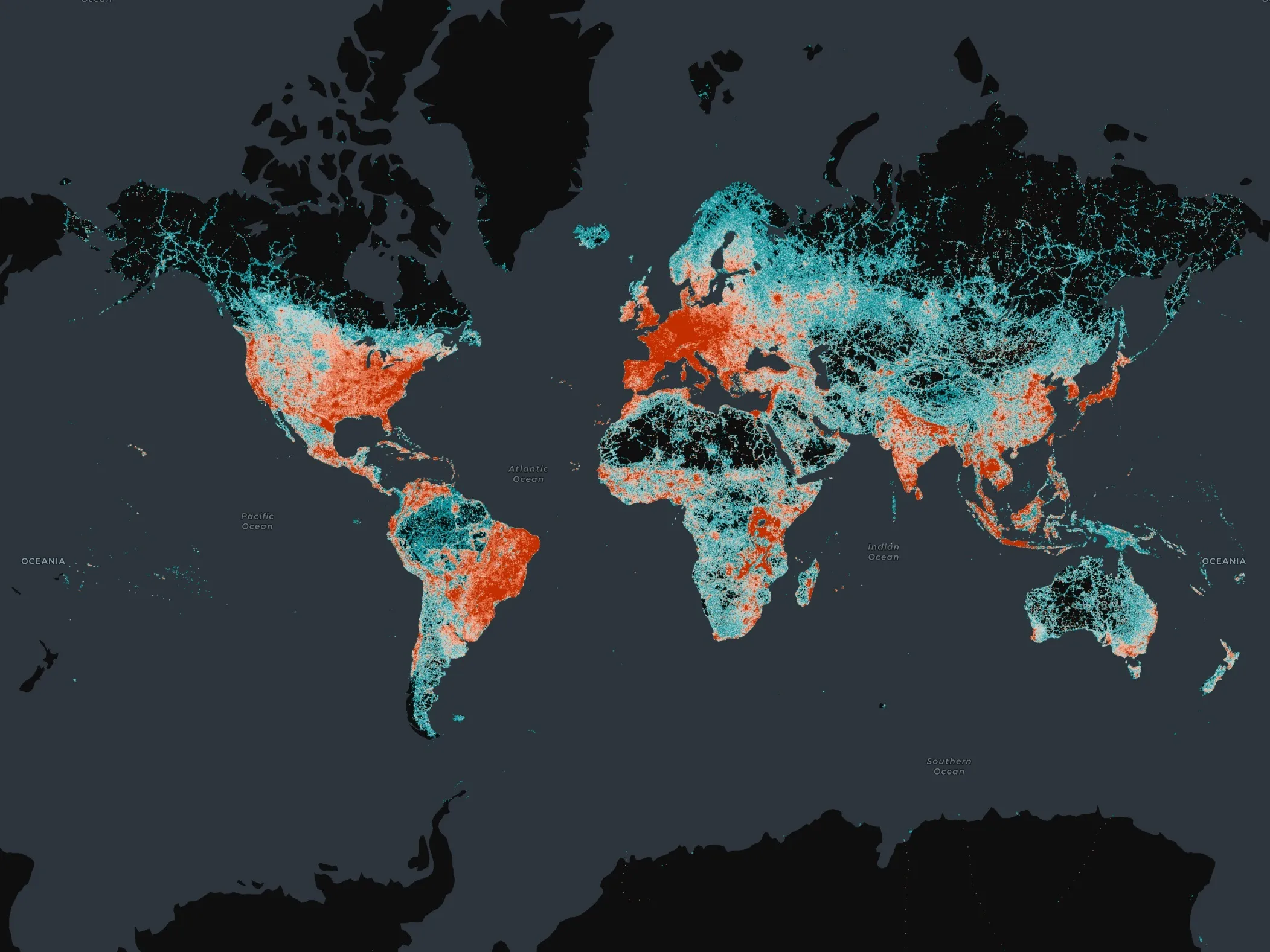Transportation consultants Cambridge Systematics have been presented with the 2012 Innovative Transportation Solution of the Year for MTA Bus Time, New York City’s real-time bus customer information system. The award, presented by the Women’s Transportation Seminar (WTS) Greater New York Chapter, recognises organisations for their efforts in enhancing the transportation industry in their community through innovation and creativity, and providing value. Cambridge Systematics and partner OpenPlans Transporta
February 6, 2013
Read time: 2 mins
Transportation consultants 5673 Cambridge Systematics have been presented with the 2012 Innovative Transportation Solution of the Year for MTA Bus Time, New York City’s real-time bus customer information system. The award, presented by the Women’s Transportation Seminar (WTS) Greater New York Chapter, recognises organisations for their efforts in enhancing the transportation industry in their community through innovation and creativity, and providing value.
Cambridge Systematics and partner5675 OpenPlans Transportation developed and currently manage the MTA Bus Time software that takes real-time data feeds from over 3,000 buses and manages and delivers bus location information to riders via smart phones, text messages, and web sites. The initial deployment in Staten Island was completed in only five months, and the system is rapidly expanding citywide.
“Delivering real-time bus information to MTA customers across New York City presented a tremendous opportunity,” said Jennifer Strasser, Cambridge Systematics’ New York office director and WTS member. “We’re excited to contribute to an improved experience for millions of bus riders, and honored to have our efforts recognised with this award.” Eric Ziering, director of software at Cambridge Systematics, said, “The success of this project results from an outstanding collaboration among MTA, Cambridge Systematics, and OpenPlans staff.”
MTA Bus Time is an open-source project, and the underlying software platform includes open interfaces that make real-time bus data available to third-party application developers. The data feeds from MTA Bus Time also enable the agency to improve operational efficiency, scheduling, service management, and emergency response.
Cambridge Systematics and partner
“Delivering real-time bus information to MTA customers across New York City presented a tremendous opportunity,” said Jennifer Strasser, Cambridge Systematics’ New York office director and WTS member. “We’re excited to contribute to an improved experience for millions of bus riders, and honored to have our efforts recognised with this award.” Eric Ziering, director of software at Cambridge Systematics, said, “The success of this project results from an outstanding collaboration among MTA, Cambridge Systematics, and OpenPlans staff.”
MTA Bus Time is an open-source project, and the underlying software platform includes open interfaces that make real-time bus data available to third-party application developers. The data feeds from MTA Bus Time also enable the agency to improve operational efficiency, scheduling, service management, and emergency response.








